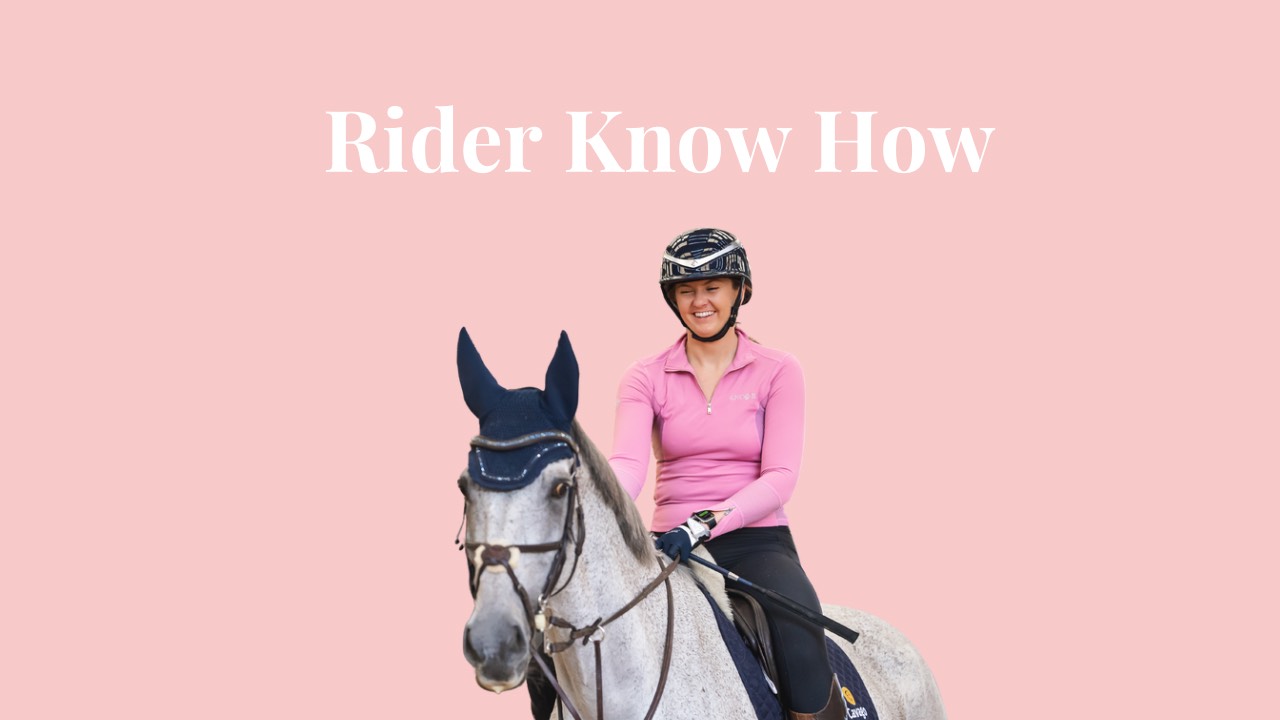Dreamcation with Cavago
Jul 31, 2024
Fresh from my virtual tour of Versailles I was eager to explore Portugal and to learn about the Portuguese School of Equestrian Art. I admire the Lusitano breed. I was fascinated to learn about their life in the school and how their current role mirrors the performance art at the historical Royal Courts.
In 1748 King Joao V established the Alter Real Stud Farm to provide horses for the Royal House and its Equestrian Academy. Once performances were held in the Royal Riding Ring at Belem which now houses the Museum of Coaches.
Today the Gala evenings transport visitors back in time to the Royal Courts of the 17th and 18th Centuries. The Portuguese School of Equestrian Art are the guardians of Portugal’s National heritage, introducing us to the ambience and artistry of the carousel and court games.
In 1979 the Ministry of Agriculture took on the EPAE “raising the profile of fostering teaching and practice of traditional Portuguese Equestrian Art.”
The School was temporarily housed by the Portuguese Riding Association from 1981 to 1983 at Campo Grande in Lisbon. In 1983 they performed occasionally at Queluz.
In 1996 stables were built in the gardens of the National Palace of Queluz. The school and their head quarters have settled there ever since. This palace is about halfway between Lisbon and Sintra.
In July 2015 the Henrique Calado Riding Ring opened for performances.
The Parque de Sintra also established a Library at the Palace of Queluz. It’s the only National Collection of Equestrian Art. There are more than 1400 titles including rare copies and editions.
Morning Stables
In the morning, visitors to the school can see the grooms at work and watch the morning training / ridden work.
Riders use the Henrique Calado Riding Ring, an outdoor arena, to school and train following 18th Century patterns. With the riders in full costume, it’s easy to feel as though you have returned to the Baroque period.
Riders wear a black Tricorn hat and long coats of Bordeaux velvet. The collars are black with gold and black braiding. The horses wear traditional Portuguese tack and their manes are braided with silk ribbons.
The Equestrian Art form evolved as part of the preparation for military exercises. The school is known for Picaria Real, Airs Above the Ground. The Portuguese School continues the art form following the same lines as the Spanish Riding School of Vienna.
Gala Evenings
The Court Games begin with jousting games before more games of skill and accuracy. The head game requires a rider to make a hit on the ‘head’ whilst the Medusa game needs skill with arrows. In another game, riders tilt at a ring with a spear. These games are surely the origin of some elements of working equitation though they remind me of certain gymkhana events from Pony Club.
The Carousel is a choreographed routine with 6-8 riders. At the Gala you might also see a Pas de Deux, Trois or Quatre. Other spectacular gala presentations include long rein work and a prestigious Solo performance demonstrating all of the High School moves. Sometimes, a rider will perform the routine using only the curb bridle with the lightest of touch.
I have enjoyed learning about the history of the school with the digital resources from Parque de Sintra including the brilliant App dedicated to the Portuguese School of Equestrian Art. You can meet the horses too. I fell for Carousel star Icanto whose parents were top sports horses as well as artists.
Dressage Café On Tour
I began my research into locations for Dressage Café in Lisbon. Dressage Café is an informal coaching session where riders discuss their experiences with me in a relaxed setting.
A confirmed tea addict, I was delighted to learn that the Portuguese take tea as seriously as their coffee. I book marked Emporido Cha “the tea lovers paradise” as a potential venue.
Next, I read about Landeau Chocolate with their Instagram sensation and signature chocolate cake. Reports say this cake is so good that the café has no need to sell anything else. Part brownie, part ganache and part magical decadence, this for me would need to be a post riding, end of holiday treat.
I discovered Natas at Blenheim Horse Trials one year and Lisbon is not short of places to enjoy the delicacy. Internet favourites include Fabrica da Nata and Café Janis, both look worthy of hosting dressage riders on tour.




